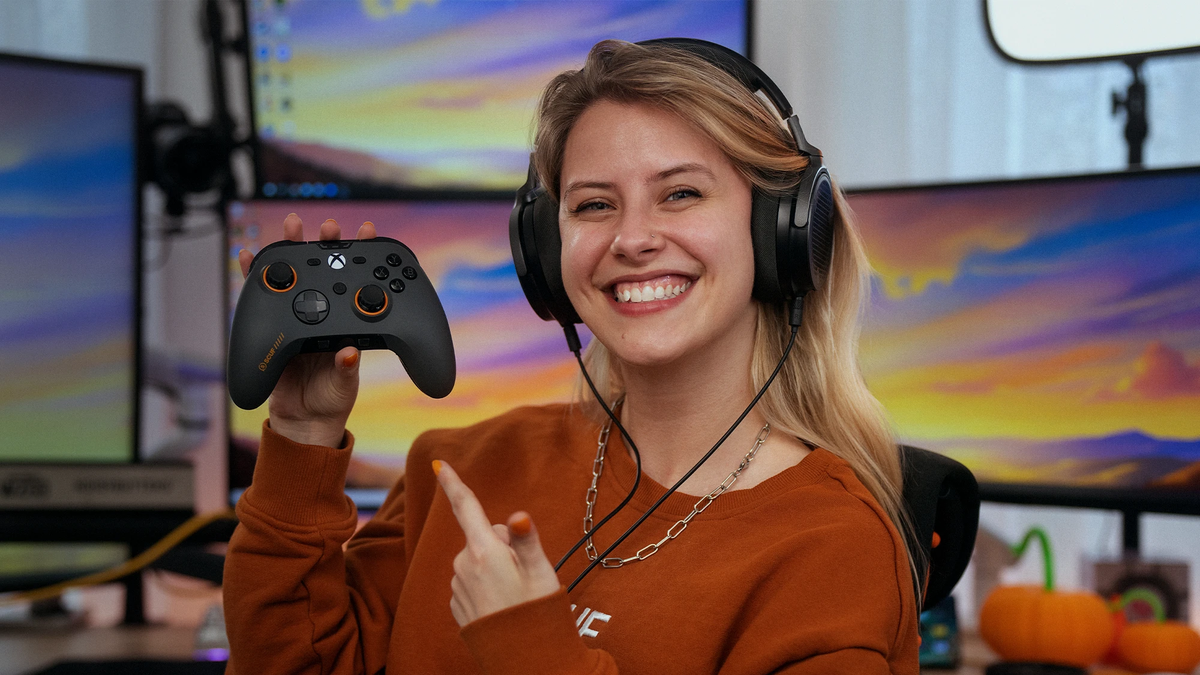A landmark antitrust trial against Google concluded on Friday after a federal judge heard final arguments, setting the stage for a ruling that could fundamentally shift the tech industry’s power.
“The importance and significance of this case is not lost on me, not only for Google but for the public,” Judge Amit P. Mehta said in the final moments of the proceedings on Friday. He thanked the lawyers who argued the case, and then added, “I guess you’ve passed the baton to us.”
Now, he must decide the case in which the Justice Department and state attorneys general say that Google has abused a monopoly over the search business, stifling competitors and limiting innovation, something the company denies.
During two days of closing arguments, Judge Mehta of the U.S. District Court for the District of Columbia did not reveal how he planned to rule. He grilled both sides, frequently referencing testimony and evidence from the 10-week trial last year to poke holes in their arguments. He also demanded that they explain how their positions fit with major legal precedents.
As the proceedings closed on Friday, Kenneth Dintzer, the Justice Department’s lead trial lawyer, argued that if antitrust laws “cannot thaw” a search business dominated by Google, the company’s practices will continue into the future.
John E. Schmidtlein, Google’s lead lawyer, countered that a ruling in favor of the government “would be an unprecedented decision to punish a company for winning on the merits.”
Judge Mehta’s ruling in the coming weeks or months will probably influence the course of other government antitrust lawsuits against Apple, Amazon and Meta, the owner of Instagram and WhatsApp, as U.S. regulators try to rein in their power.
The government argues Google illegally cemented a monopoly in search by paying Apple and other tech partners billions of dollars to feature the Google search engine in their products.
On Friday, the discussion focused on the government’s second claim that the company also has a monopoly over the ads that run in search results.
Google pointed to other companies that compete in search and advertising.
“Facebook, Instagram, TikTok, Amazon — all of these companies have very, very detailed and very useful information that allows them to give advertisers lots and lots of different options to reach the consumer groups they’re most interested in,” Mr. Schmidtlein argued.
Judge Mehta asked the Justice Department, to explain why search ads were so different from ads on Facebook and other social platforms.
“How does that measure up with reality?” he asked. “It can’t be that Facebook’s ad platform is an inferior product and they’re making billions of dollars.”
Judge Mehta also mentioned the success of TikTok, which, he said, had a “pretty good ad platform” and was growing. He said he had spent some time using TikTok’s search to research the case.
In a seeming nod to national security concerns about that app, he added: “Not that I have it on my phone, just to be clear.”
The government also said the judge should sanction Google for a company policy that automatically turned off the history for workplace chats, arguing that the policy resulted in the destruction of evidence. Mr. Dintzer said the court needed to “say this is wrong” to stop Google from hiding evidence in the future. A lawyer for Google, Colette T. Connor, denied the company had done anything inappropriate.
“Let me just be perfectly candid,” Judge Mehta said. “Google’s document retention policy leaves a lot to be desired.”





